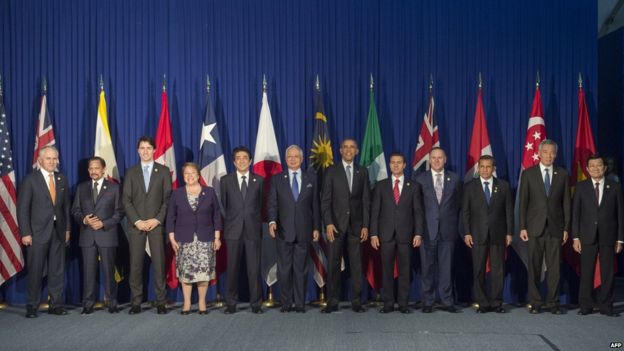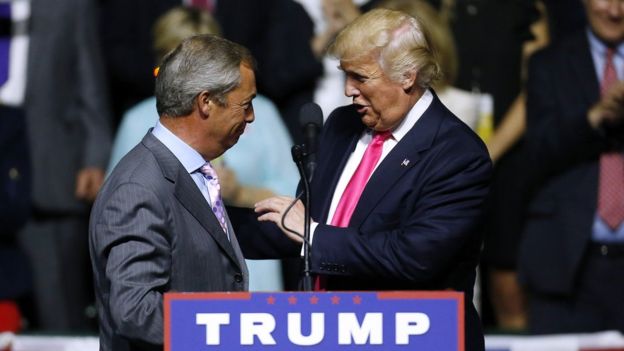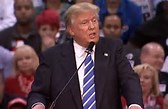In a tone that could be regarded as a direct opposite to that of the man we’ve known in the last 500 days of one of the most divisive presidential campaign witnessed in modern history, President – elect Donald Trump promised "great, great relationships" with other nations.
But there is a disparity between those gentle words and the somewhat hostile trade policies laid out during the campaign - which included harsh tariffs on China and tearing up existing agreements as expressed in his decision to block the U.S. laid Trans-Pacific Partnership (TPP).
It is difficult to tell whether the U.S. President – elect meant these threats that characterized his campaign and will follow through on them: ones which, if implemented pose great risk to trade relations that have been built between the U.S. and their partners over the years. Moreover, trade is one area where the president has freedom to act without the approval of lawmakers in Congress.
A lot of work has also gone into a new trade deal between the US and the European Union. Since 2013 the two sides have been negotiating the Trans-Atlantic Trade and Investment Partnership or TTIP, aimed at removing or reducing trade barriers. That deal has faced opposition in Europe and now, with a US administration that is skeptical over trade deals, it is even less likely to reach fruition.
Another  existing deal under threat is the 2011 free trade agreement with South Korea. According to figures quoted on Mr. Trump's campaign website, the deal has cost 100,000 jobs and has not resulted in any increase in US exports to South Korea.
However, while the future with U.S. may be bleak for many nations faced with the possibility of having their trade deals torn up, the UK might well be looked on favorably by the Trump administration.
The president-elect was a supporter of the UK leaving the European Union and last month his trade adviser Dan DiMicco told the BBC that negotiating a new trade deal with the UK would be "one of the first things" that his trade officials would do. To further deepen the fears of vulnerable U.S. trade partners, Mr. DiMicco also said that Mr. Trump was serious about his threats over trade: "Things have gotten so bad that we will leave Nafta, WTO [the World Trade Organization] and the Korean Free Trade Agreement if we can't get a fair deal. These are not idle threats". 
In a somewhat good gesture, the WTO have congratulated Mr. Trump on his victory and acknowledged his concerns over jobs.
The WTO through a tweet by its director-general Roberto Azevedo, said it  is "ready to support the administration to ensure trade is a positive element in a new strategy for development & job creation,"
He further added that "It's clear many feel trade isn't working for them. We must address this and ensure trade delivers the widest benefit to the most people".
With all these in perspective, it is good sense not to ‘fear too much’ nor to ‘be too optimistic’ but rather maintain an open mind towards the new American leadership and who knows, with such gracious victory speech that had the President- elect calling for the nation to rally together: Trump might actually not be a bad idea after all!





